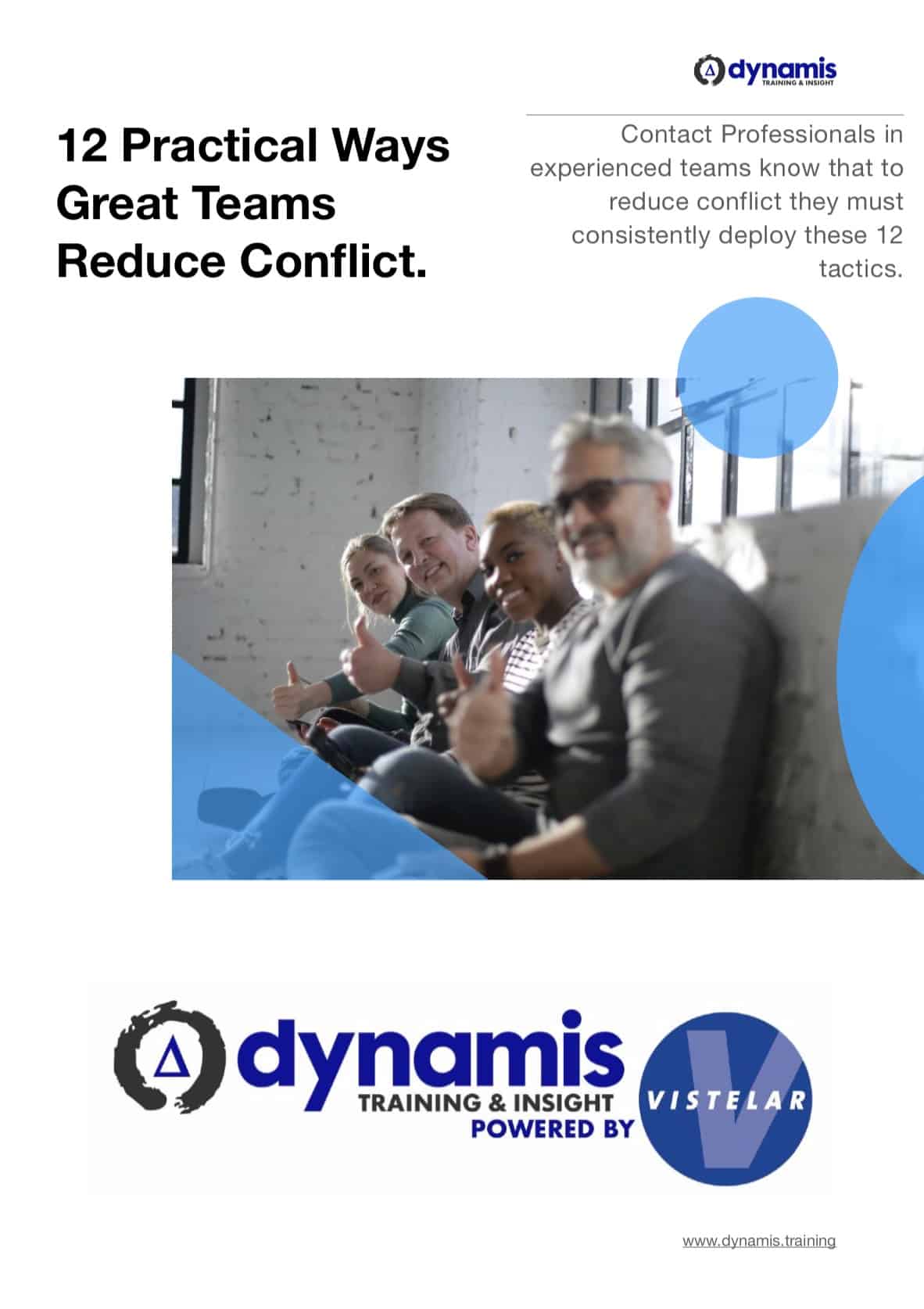Housing Officer Safety and Lone Working: Trust your instincts
Gavin DeBecker, in his seminal work on personal safety “The Gift of Fear” offers us a crucial and often overlooked perspective on taking control of our safety.
His key point, illustrated again and again in his examples and case studies, is that when our innate survival system tries to warn us of danger, we must listen and take action.
He refers to this as the ‘gift of fear’ and in more concrete terms offers a compelling explanation of how this intuition can be relied upon:
“Nature’s greatest accomplishment, the human brain, is never more efficient or invested than when its host is at risk”
We are already experts at protecting ourselves (if only we would allow ourselves to be that expert).
Much scientific study is now being conducted into how the brain works, how our brain is wired for survival and the differences between emotional versus rational decision-making.
One example of this is in a book called Blink, by Malcolm Gladwell. In it Gladwell offers examples of ‘expert’ decision making which is based on just a small amount of information, called “thin-slicing”. He asserts that an ‘expert’ can make an accurate and dependable judgement of a situation within their expert domain, with just a few variables to work with.
This is a key point:
“Experts who make snap judgements, based on very little information, are often accurate”
I believe you are an expert.
My Housing Officer Safety training groups are often surprised and amused to hear that I regard many of them as ‘experts’ at knocking on doors. Consider that, in an average working day, a Housing Officer visits up to 6 or 8 people. Many housing officers are experienced at working in the community for 8, 12 or 15 years…amassing a huge wealth of experience, involving thousands of hours of ‘practice’ at:
- noting the physical appearance of the outside of a flat or house
- quickly gathering information about their clients ‘state’ when the door opens
- assessing hazards present in unfamiliar environments (their client’s homes)
- sensing changes in mood when interacting with their clients
Does this describe you? How many professional interactions have you had with your clients? Do the sums and see what you come up with!
(# of Visits per Working Day) x (# of Working Days per Year) x (# of years working in the community) = several thousand visits!
So, on our Housing Officer Safety when I call you an ‘expert’ I really mean it! With thousands of hours of experience working with a wide variety of people in the community, it seems entirely reasonable to believe that these workers are amassing what could be called ‘contact expertise’.
So, when a door opens for a Housing Officer, somewhere out in the community, and one of these lone workers experiences what DeBecker calls a ‘messenger of intuition’:
- Nagging feelings
- Persistent thoughts
- Humour
- Wonder
- Anxiety
- Curiosity
- Hunches
- Gut Feelings
- Doubt
- Hesitation
- Suspicion
- Apprehension
…then we must enable and allow these ‘experts’ to make a sensible decision, based on their experience, knowledge and professional judgement. Otherwise, if we are not going to trust their judgement, why would we allow them to work on their own?
We must also be cautious here. The very nature of intuition – its definition is “knowing something, without knowing why” – means that it arises as a feeling, a spark. Thus intuition and insight often happens without a concrete, cognitive awareness of what the organism has become aware of and which caused it to fire off the important ’pay attention’ signal.
Housing Officer Safety and Lone Working Maxim: “If in doubt, get out!”
Workers and their managers should be mature enough, and have enough trust in each other, to be able to work within this domain where the tangible causes of concern may not be obvious. The alternative is to deny our intuition and insight, from which possibly the most subtle and eloquent risk assessments can be made.
“Insight is not a lightbulb that goes off inside our heads. It is a flickering candle that can easily be snuffed out.” – Malcolm Gladwell
When the culture of a social or healthcare or community service values service-delivery over safety, then the trap is set for one of the tragedies we have noted above. Staff under pressure are at risk of trampling their intuition in the headlong rush to ‘get the job done’.
This is especially so where they feel that their professional judgement and experience will not be respected.
We refer to Intuition and Instinct as the “Informal System” of detecting and avoiding danger. Along with informal buddy-systems (whereby colleagues on the same shift will ‘check-in’ on one another throughout a working day) and informal information sharing in the staff canteen (where vital safety information is often a hot topic), listening and paying attention to intuitive feelings of danger is possibly the single most critical strategy that should be recognised and practiced within your team.

Gerard O’Dea is a professional violence-management trainer/consultant who has been active in Housing Officer Safety training since 2006. He regularly delivers training to local authority, housing organisation and other community-based staff teams who work with sometimes difficult, distressed or dangerous members of the public. His approach to lone-worker training is pragmatic, functional and based on a keen analysis of the issues in the real world of community working. Gerard published “Lone Worker Personal Safety: A Guidebook for Health and Social Care Staff” which is very applicable to Housing Officer Safety (on Amazon in Paperback and on Kindle) in 2014. For more information on our courses please visit: https://www.dynamis.training/lone-worker-personal-safety/


